From left to right: Tumisang Lobaka, Koketso Mosimanewamokwena and Tshegofatso Molatlhegi
We are excited about the growth of CCB in the last few years, and as we celebrate our 20th anniversary this year, we are excited to introduce three new interns to the team.
Tumisang Lobaka joins CCB as a conservation intern in our Communities for Conservation department. He has a Bachelor’s degree in Tourism and Hospitality Management from the University of Botswana. Prior to joining CCB, Tumisang completed an internship at the Department of Wildlife and National Parks in Ghanzi, from where he brings in his experience of working with problem animal control, conflict alleviation and community engagement.
“I have always been keen to be part of CCB because I have passion for wildlife, nature and the promotion of biodiversity,” he said. Tumisang also said he wanted to be part of CCB’s team because our mandate and vision gives him a platform for personal development and growth.
Tumisang said he is excited to join an organization and a team that is also passionate about conservation, promoting biodiversity and improving livelihoods of local communities. He sees this as an opportunity to grow, both personally and professionally.
CCB also welcomes Tshegofatso Molatlhegi, who joins as a C4C Intern (Development). He graduated with a Bachelor of Arts Community Development from Bosa Bosele Training College. Prior to joining CCB, Tshegofatso worked as a community facilitator and community development officer. He hails from West Hanahai, one of the rural villages within the key cheetah landscape where we dedicate our work.
‘My interest to join CCB emanates from the fact that I love wildlife and nature, and most importantly to nurture and develop my career as a professional’, said Tshegofatso.
‘I love CCB because not only do they focus on cheetah conservation, but they also give local communities, especially women, an opportunity to use their talents as a way of improving their lives,’ he added. Tshegofatso said he is looking forward to being part of CCB for the next 5 years, and part of its development as an organization.
Last but not least, CCB welcomes Ms Koketso Mosimanewamokwena who joins the Research team as an intern. She has a Bachelor’s degree in Range Science from Botswana University of Agriculture and Natural Resources. Koketso joins CCB after working with fellow Botswana NGO Elephants for Africa. Koketso joined CCB because of her passion for wildlife conservation, and a strong desire to gain hands-on research experience. Koketso also hopes that through her engagement with CCB, she will make a meaningful impact on conservation efforts.
‘What excites me about being part of CCB is the opportunity to work alongside dedicated professionals who share my passion for wildlife conservation, to work in a unique and biodiverse environment and also the chance to contribute towards meaningful projects such as mitigating human wildlife conflict. This fills me with enthusiasm and motivation,’ Koketso said. She added that she is looking forward to engage with local communities, and learn about their perspective on conservation challenges and contribute to collaborative solutions, and most definitely gain practical skills that will complement her academic background.
At CCB we are excited about this growth in our team and wish our departing staff, our existing staff and our new interns the best in their conservation journey!
Rethabile Setlalekgomo (above centre) takes on the new role of Human Wildlife Coexistence Coordinator and
Chris Mbisana (above right) is CCB's new Research for Conservation Coordinator


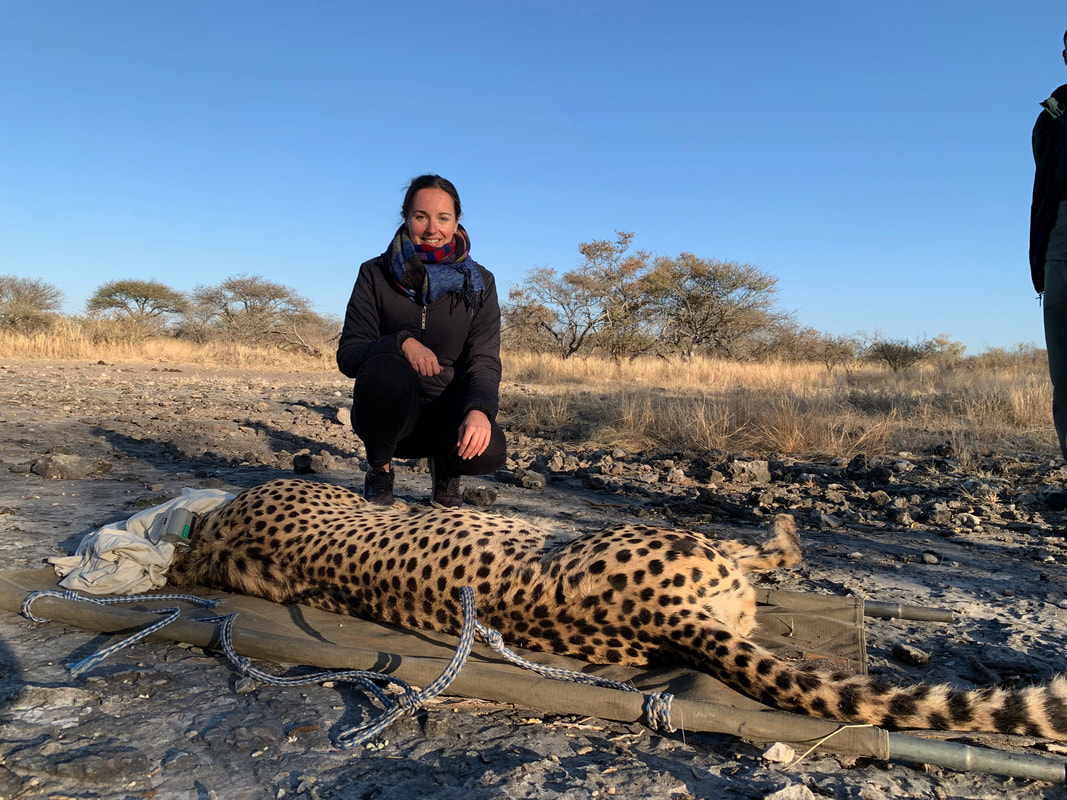

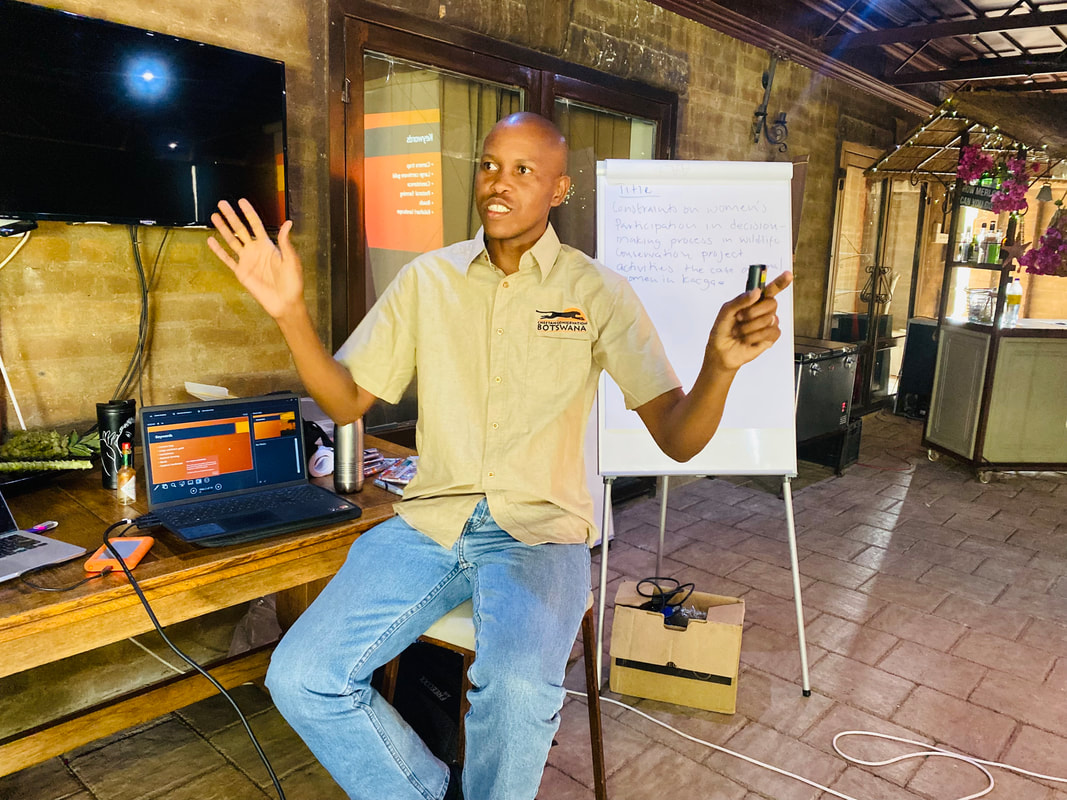
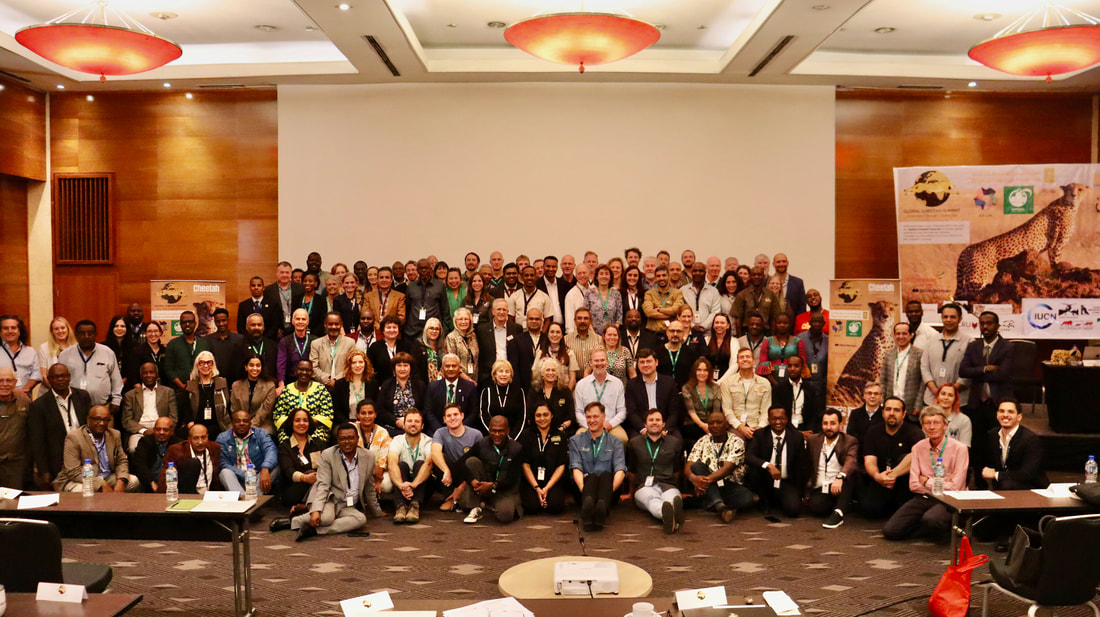
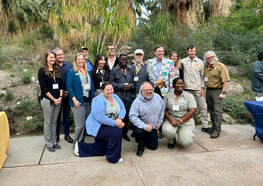
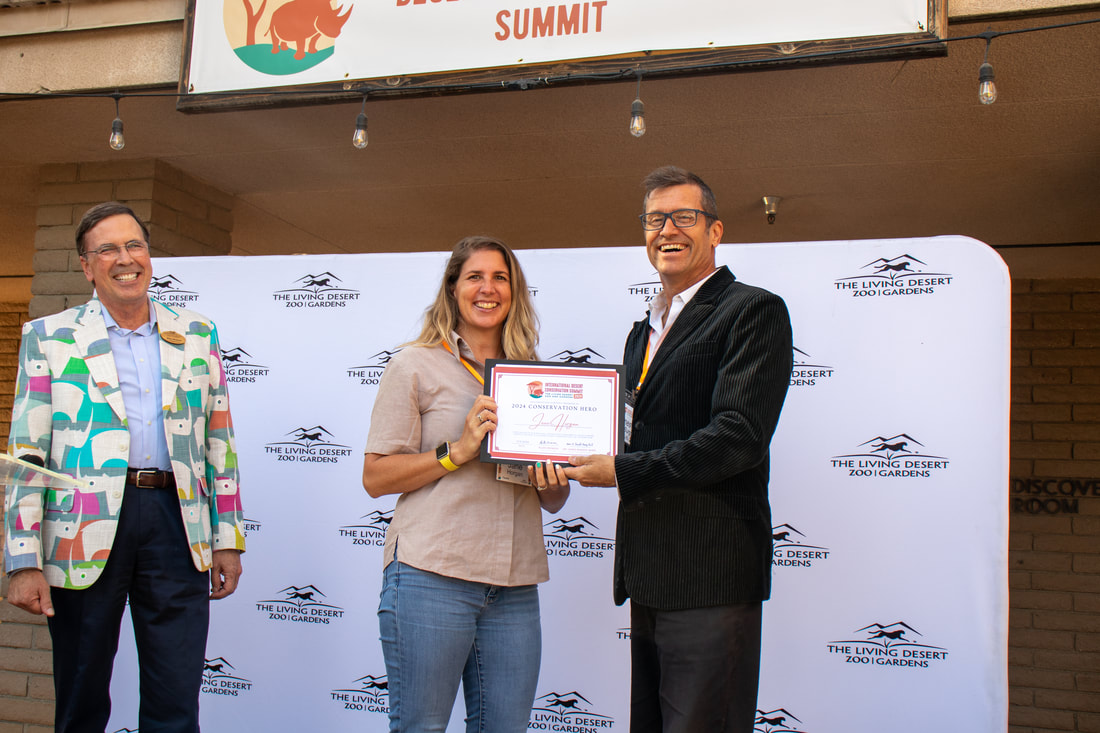
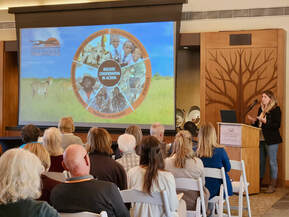
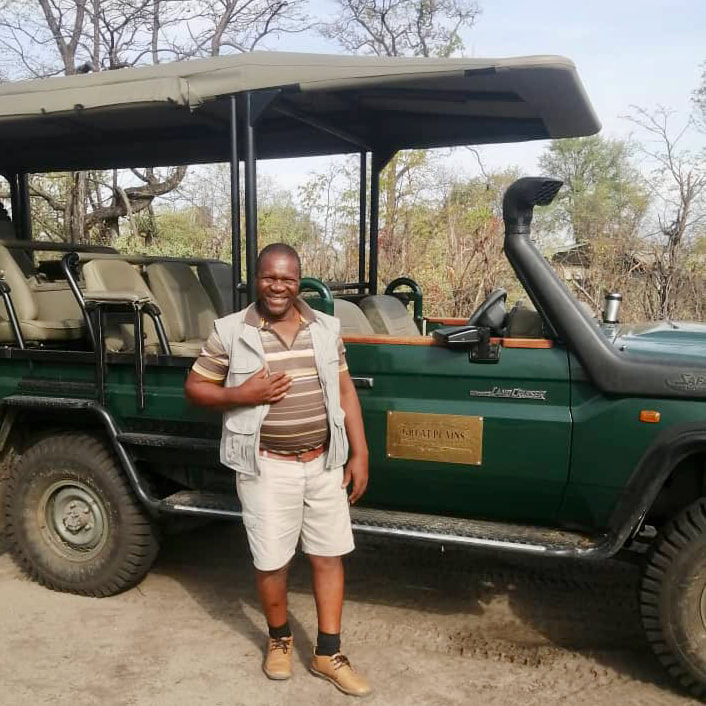
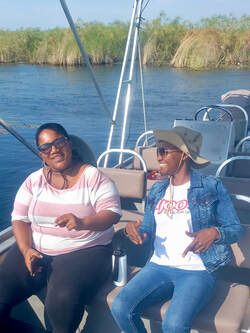
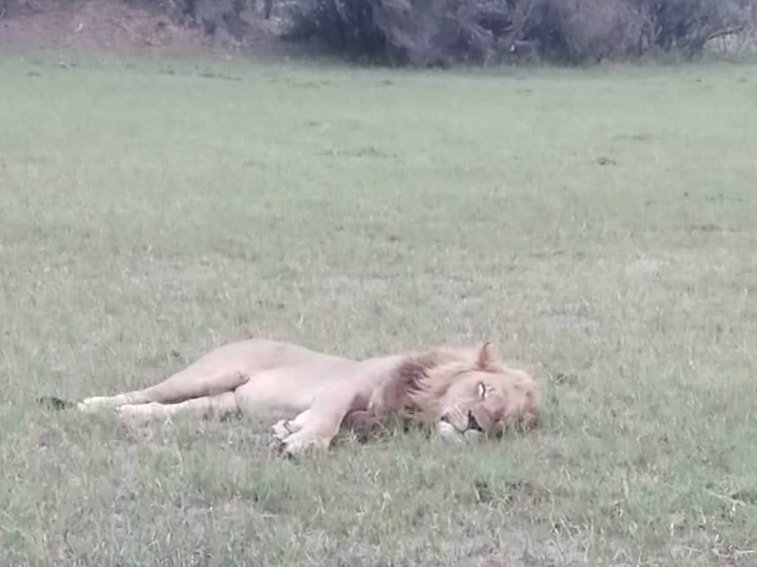
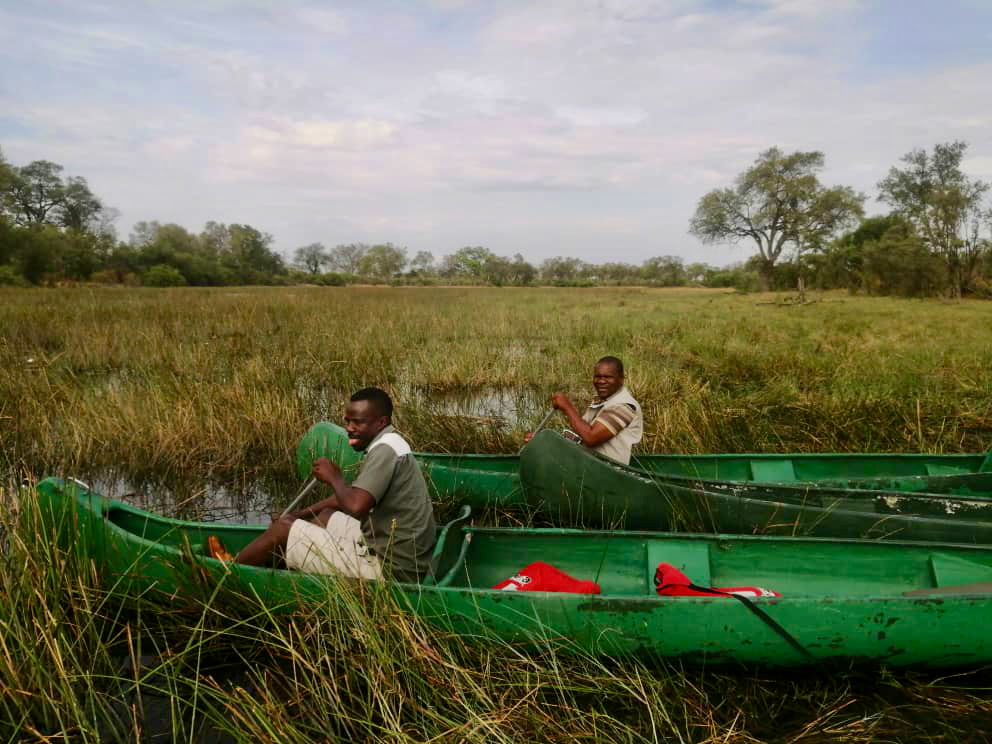
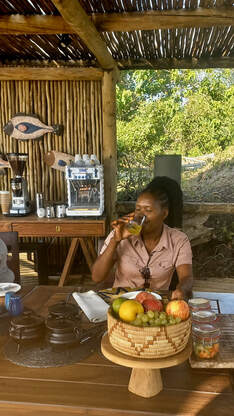
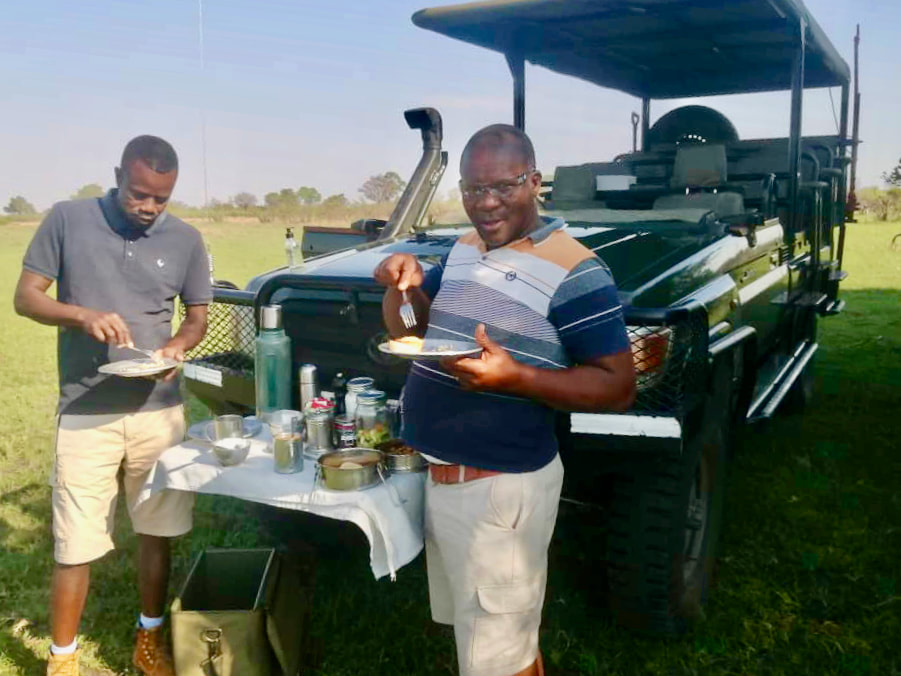
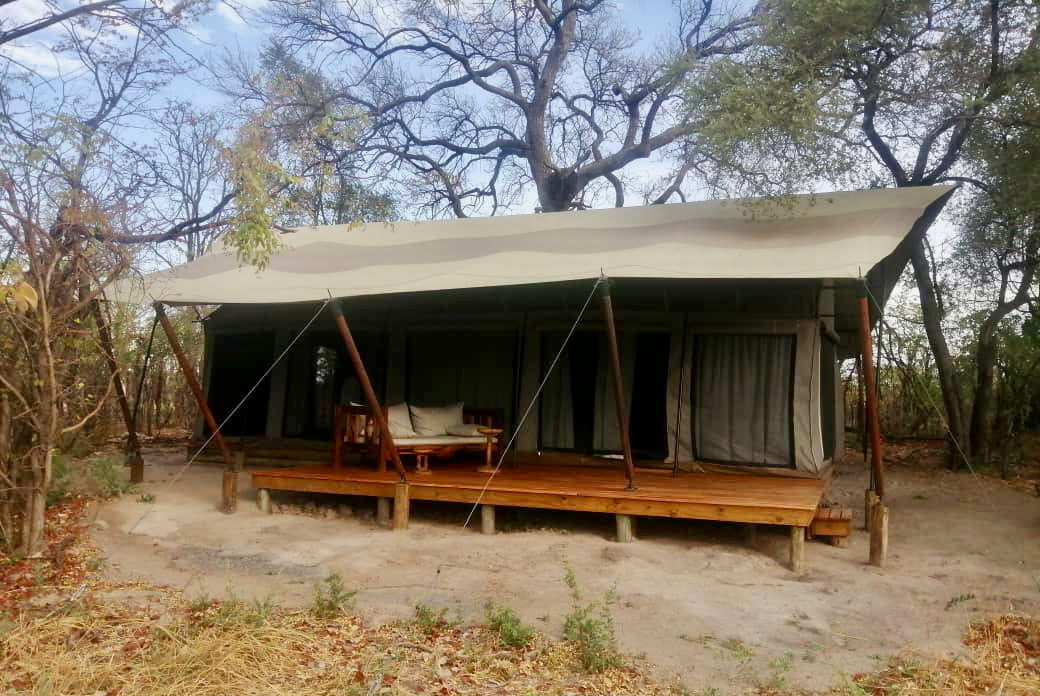
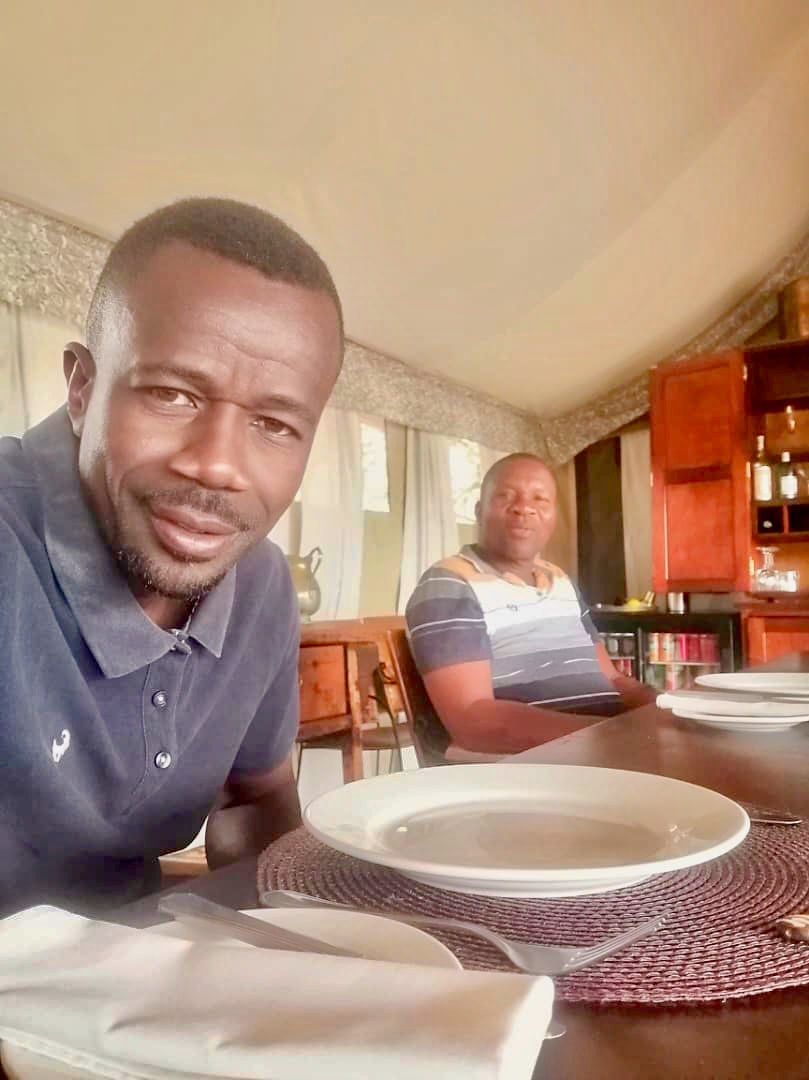

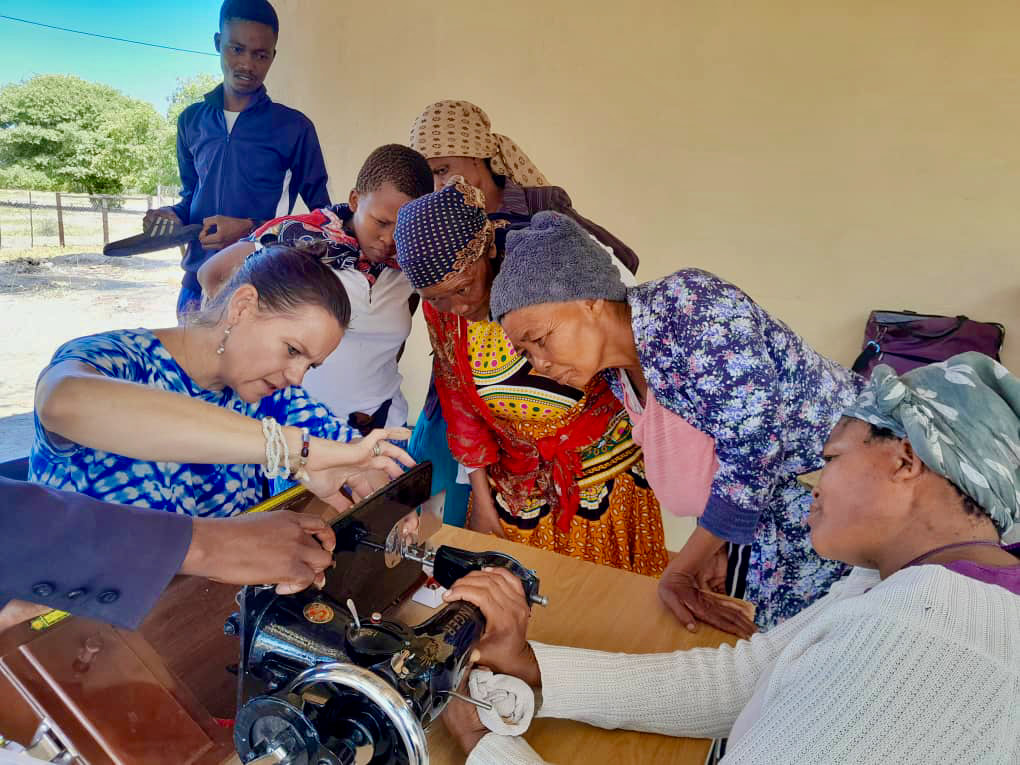
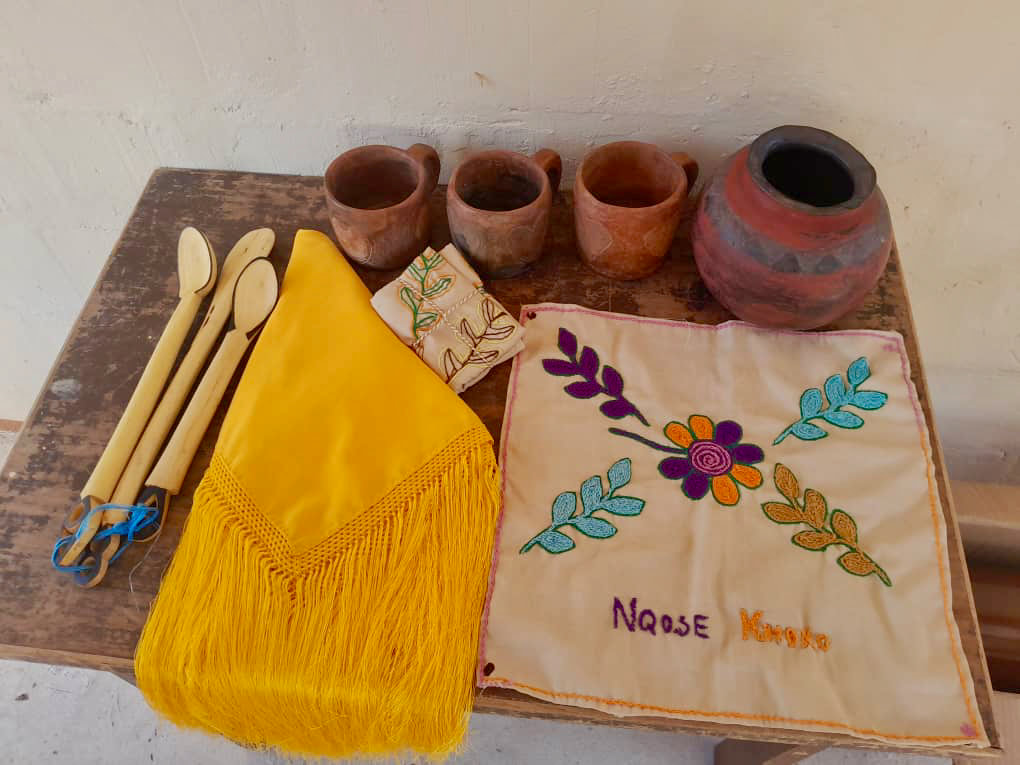
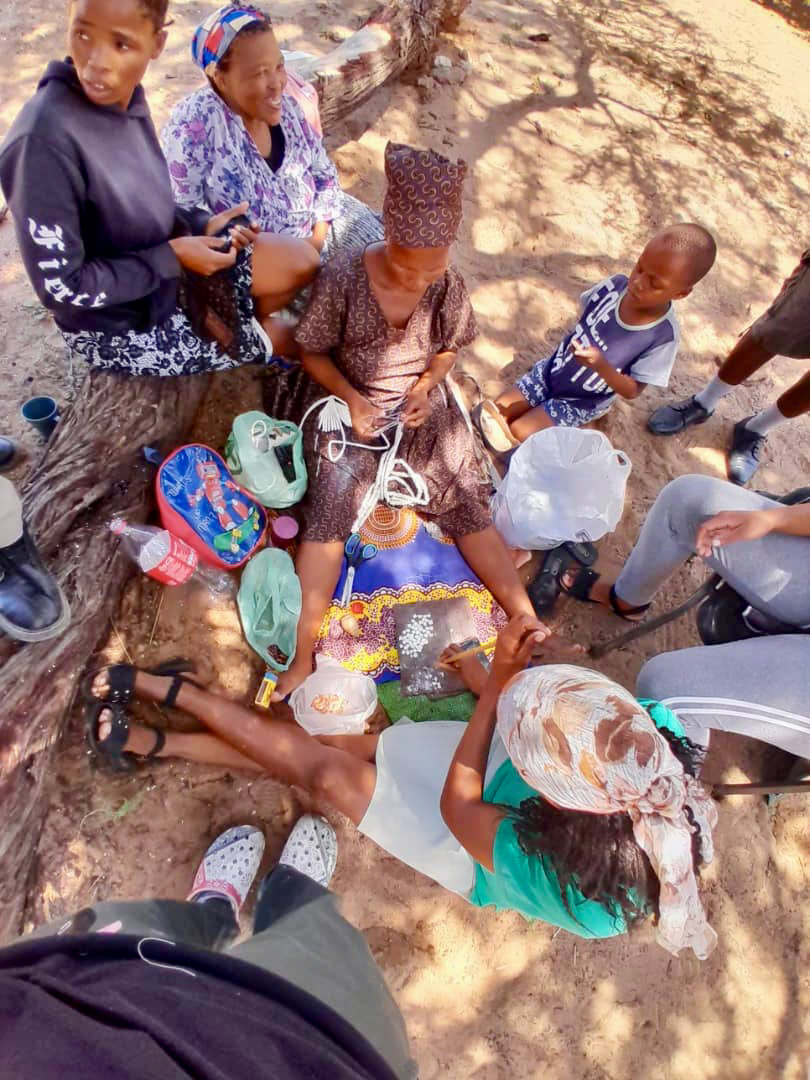
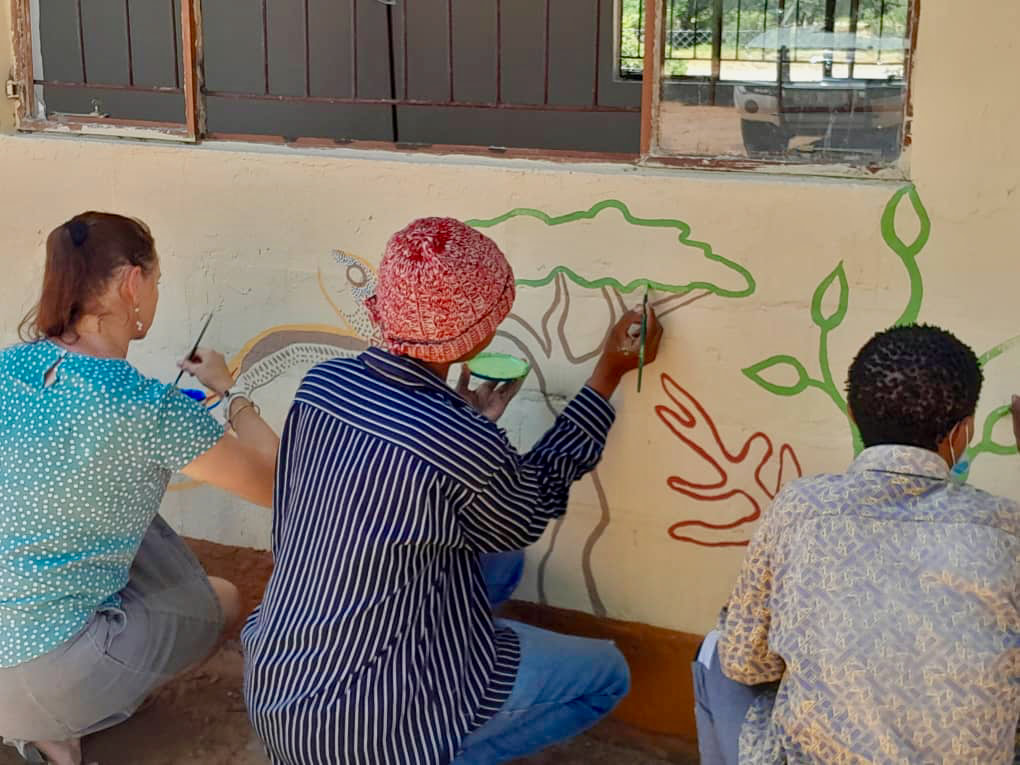
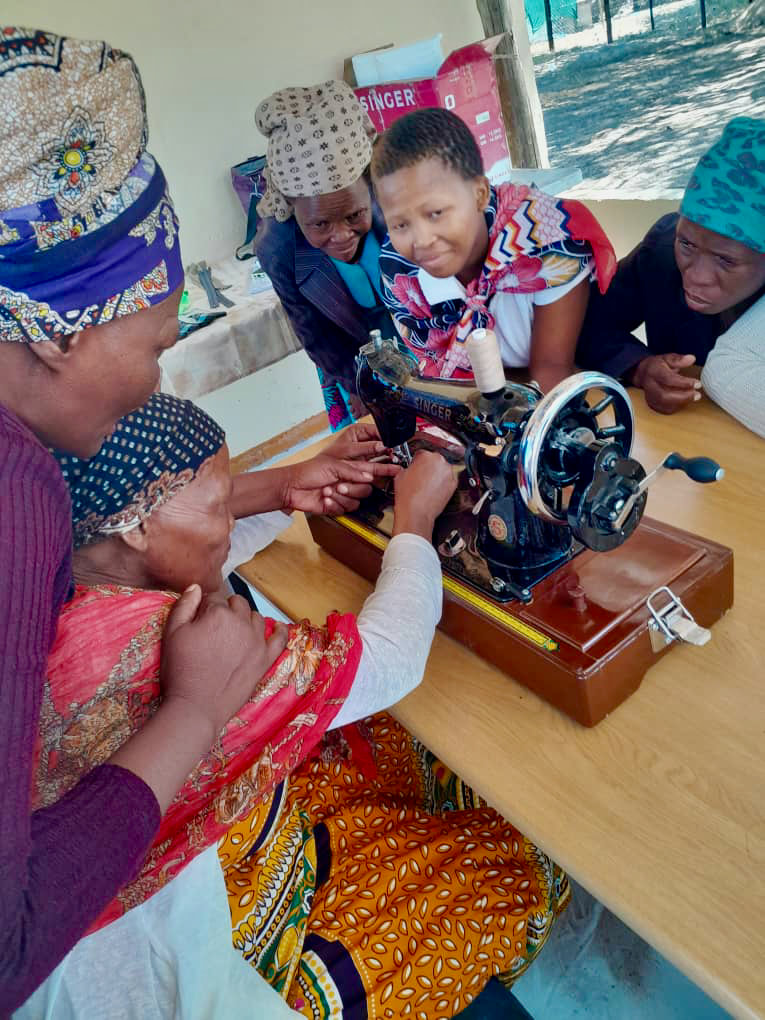
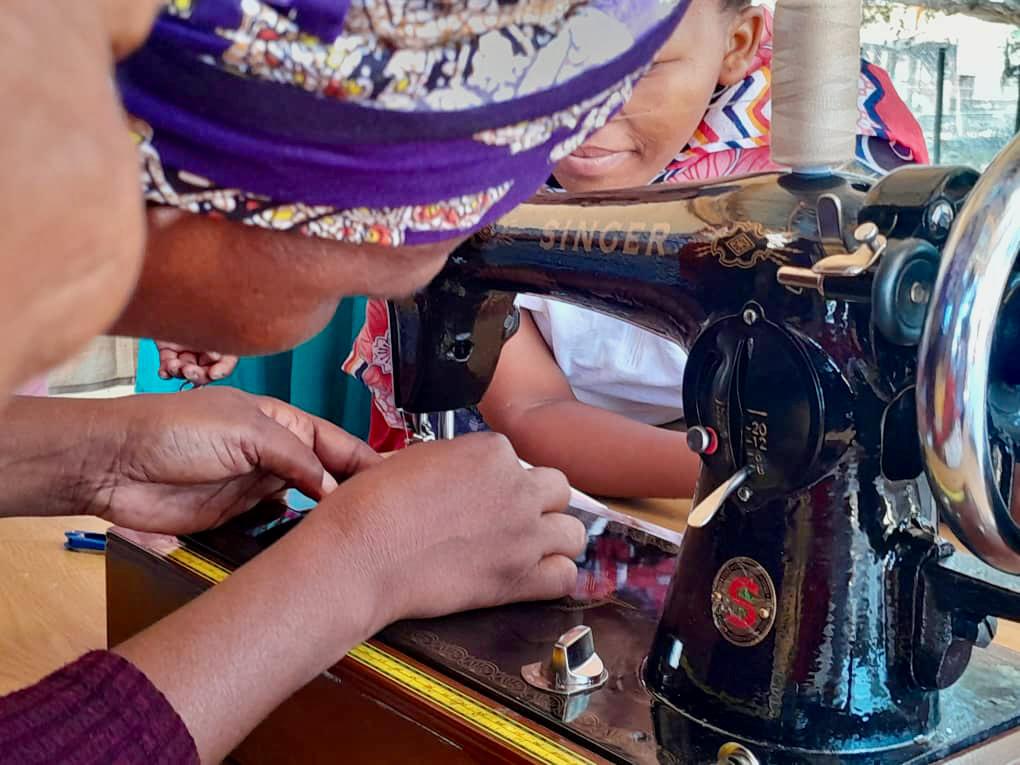
 RSS Feed
RSS Feed
